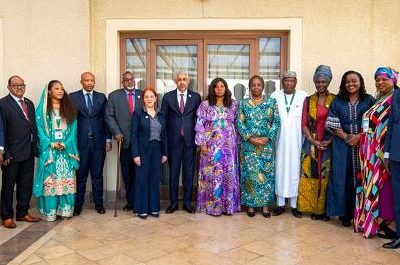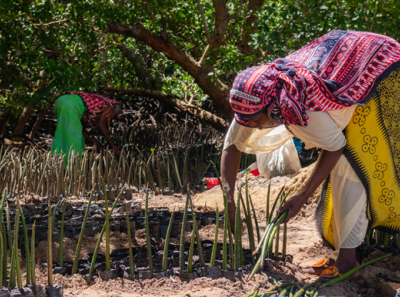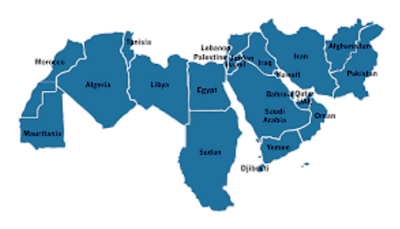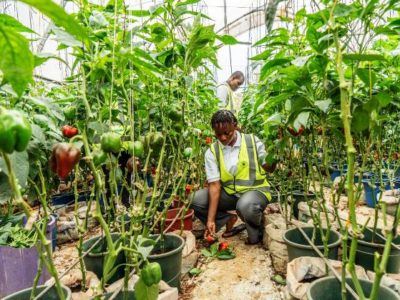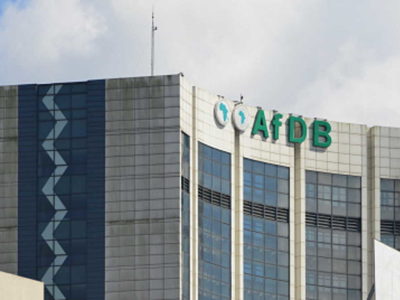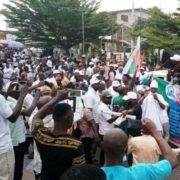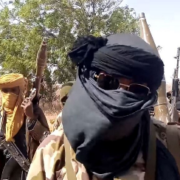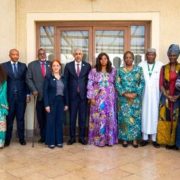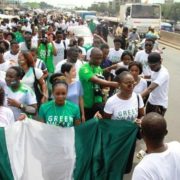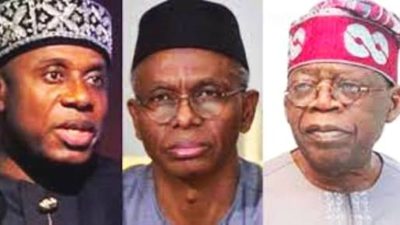By Segun Ohimeh Oruame

Entrenched narrow Interest! That is the bane of development in northern Nigeria. If Walter Rodney were to be alive and had the opportunity to put the north of Nigeria in historical perspective; he probably would ink another classic: ‘How the northern elites underdeveloped northern Nigeria.’ However, the north is not bereft of scholars including the likes of Dr. Yusufu Bala Usman and the army of intellectuals who have sought to properly situate the tragedy of the north as part of the greater tragedy that defines Nigeria within the context of elites’ manipulation of the political space. Dr. Usman, Marxist historian and political economist, once said; “the day when the ordinary man anywhere in Nigeria realises that he suffers the same fate as the ordinary man everywhere else; such a day will spell doom for the Nigerian aristocracy.”
In one of his several scholarly works, particularly ‘The Manipulation of Religion in Nigeria (1977)’, Dr. Usman cited how the ruling elites propagate religious conflict to prevent the ordinary people from uniting to challenge their oppression. As an active politician and a member of the Aminu Kano’s led People Redemption party (PRP) in the second republic (1979 – 1983) when the monstrous National Party of Nigeria (NPN) held sway, Dr. Usman had a sour taste of the ability of the ruling class to manipulate the people using both religion and ethnicity to emasculate any vision or idea that threaten the status quo. For over 50 years now, that status quo has remained unchallenged.
Because the status quo has remained formidable, the Talakawas (poor and rejected) have diminished in value over time while conversely the influence/affluence of the ruling class has improved. Put appropriately, the worth of the poor in Nigeria particularly in the north at less than one US dollar a day is less than that of European cattle at about three US dollars a day. So it is better to be a cow in Europe than to be a poor man in Nigeria and worst still a Talakawa in the north of Nigeria.
For many in the north who have tried to contextualize the emergence of violent groups such as Maitatsine and recently Boko Haram, it has been a long struggle against feudal hold of power in the north. Why is the north a breeding ground for such uprising? The answers are not far-fetched. The aristocratic north has for decades maintained its grip on power and the economy and by extension maintained absolute control over the economic and political destinies of millions of Talakawas. The north has witnessed several legitimate and non-legal challenges to this unwholesome grip. But as it were in 2013, the north is still on its knees, far from the place envisioned for it by reformist and political titan Mallam Aminu Kano, fondly touted as the emancipator of Talakawas. Aminu Kano founded and led the Northern Elements Progressive Union (NEPU) in the first Republic and People Redemption Party (PRP) in the second Republic. His political philosophy and activities were targeted against the feudal class of the north. The rallying belief for his campaign was to end decades of servitude in the north and to create a new north where domination and exploitation of the many by the few would end. Unfortunately, Mallam died without an end to the tyranny of the minority against the majority.
There are deprivations in the north and south of Nigeria as Dr. Usman argued throughout his life time. The poor across the Nigerian federation are victims of the evil connivance of the ruling elites, whether civilian or military, to ensure absolute control over state resource. But it is the degree of extremes as occurred in the north that is particularly worrisome. The north offers its poor no hope. Not even tiny specks of opportunities for the poor to escape their doomed fate like their counterparts in the south so they have neither the choice of education to be educated nor do they have the choice of vocational training to become artisans or traders.
In the east, while the ruling elites struggle over the control of the political space, the children of the poor have a window to self-advancement in several vocational occupations; their counterparts in the west of the country have thousands of schools managed by religious missions and private concerns to acquire knowledge and become potential players in the economic and political space. But the north runs entirely on the feet of its aristocrats. For its poor, the only window left is religious dogmas fostered round the almajiri system. The children of the rich and some limited number of their acolytes may school in London but for the majority, there is more gain in the piety of being an Almajiri.
This was what Mallam Aminu Kano sought to completely eradicate. As NEPU leader, he declared: “The shocking state of social order as at present existing in Northern Nigeria is due to nothing but the Family Compact rule of the so-called Native Administrations in their present autocratic form…. That owing to this unscrupulous and vicious system of Administration by the Family Compact rulers, there is today in our Society an antagonism of interests manifesting itself as a class struggle, between the members of the vicious circle of the Native Administration on the one hand and the ordinary “talakawa” on the other…. That this antagonism can be abolished only by the emancipation of the “talakawa” from the domination of these conduits, by the reform of the present autocratic political Institutions into Democratic Institutions and placing their democratic control in the hands of the “Talakawa” for whom alone they exist…. All parties are but the expression of class interests, and as the interest of the talakawa (commoners) is diametrically opposed to the interest of all sections of the master class, a party seeking the emancipation of the talakawa must naturally be hostile to the party of the oppressors.”
Mallam Aminu Kano’s declarations over 50 years ago are as profound then as they are now, and perhaps, even more profound. His north is not the north that Mallam Adamu Chiroma and Prof Ango Abualli desire. His north is beyond the skewed desire for power and by crude definition economic control by the so-regarded Dan-Arewa Ideology manifesting itself as the Arewa Consultative Forum (ACF) or as Professor Ango Abdullahi’s Northern Elders’ Forum (NEF), Mallam Aminu Kano’s north is one where the politically-dispossessed and economically disadvantaged, would be emancipated from their oppressors who have remained the enemies of development in the north. The problem of the north is not Nigeria but its ruling elites. Like their counterparts in the south of the country, they are the problem of Nigeria: the reason why a European cow is worth more than a Nigerian whether north or south.
It is high time we faced the core issue. The common enemy was long identified by Dr. Bala Usman, Dr. Bala Mohammed, Prof. Wole Soyinka, Prof. Chinua Achebe, Gani Fawehinmi, Tai Solarin and other notables in the dying tribe of national consciousness. The common enemy is the man who has sat in power for over 50 years looting the national treasury and keeping everyone busy with pseudo generosity, and a false sense of religiousness. The enemy sits with a gun to the heads of the Talakawas and plays a feudal lord over their democratic aspirations. It is this feudal lord that Mallam Aminu Kano fought against all his life and who still runs the empire-state call Nigeria. It is this feudal lord that Professor Samuel Zalanga has attacked in his cover piece for Baobab. This feudal lord is Professor Ango Abdullahi with his fellow hijackers of power in the north and south of Nigeria; the reason why Africa’s most populous country has failed to concentrate on developmental issues but remained immersed in primordial ‘mis-aspirations.’

